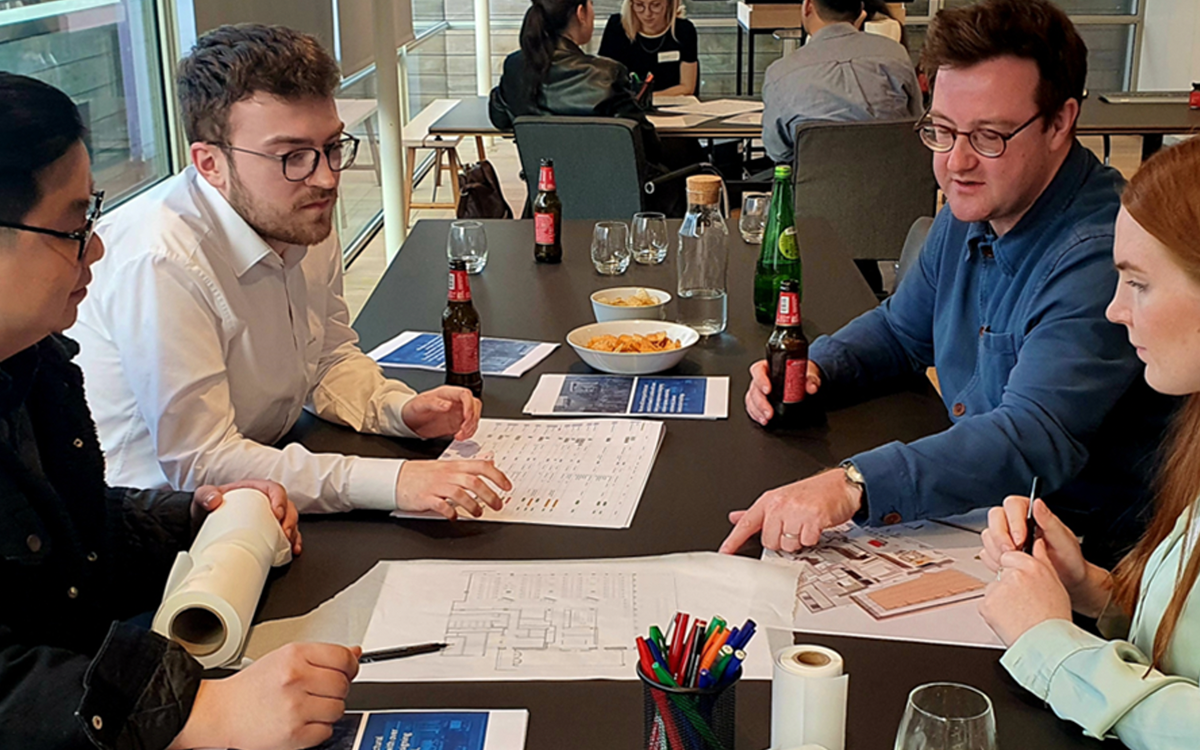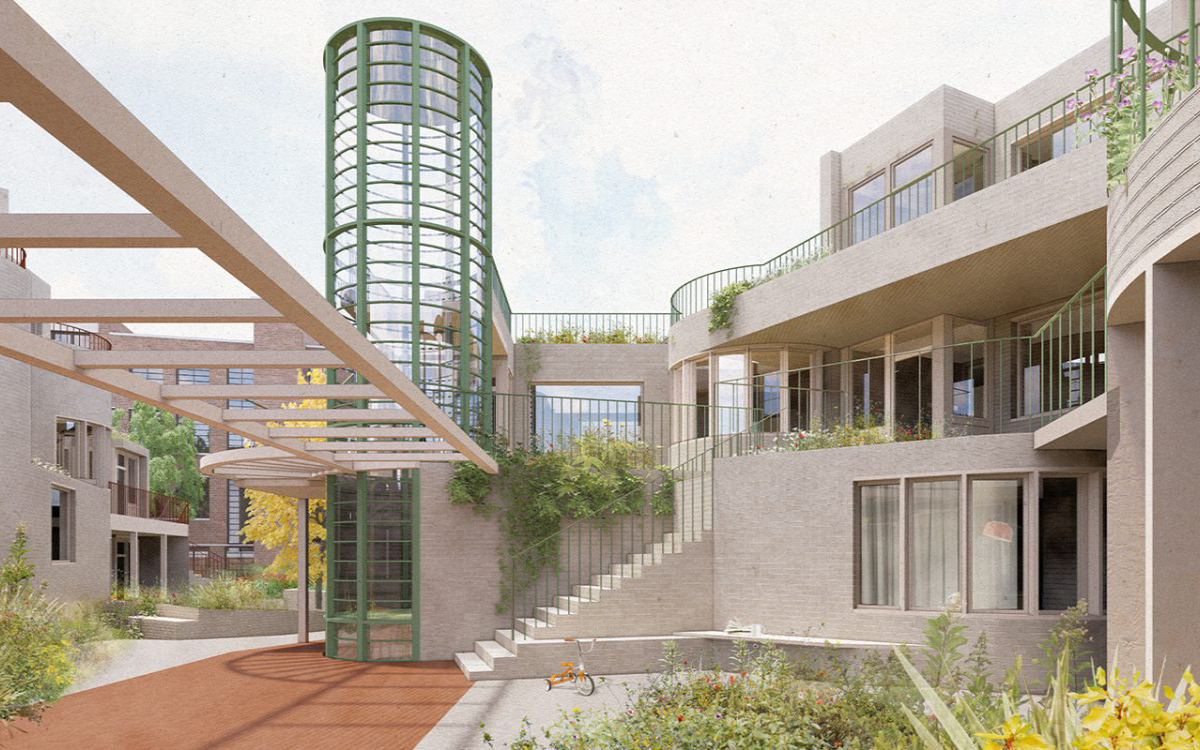Apply for our Part 2
Part 2: MArch in Designing Architecture
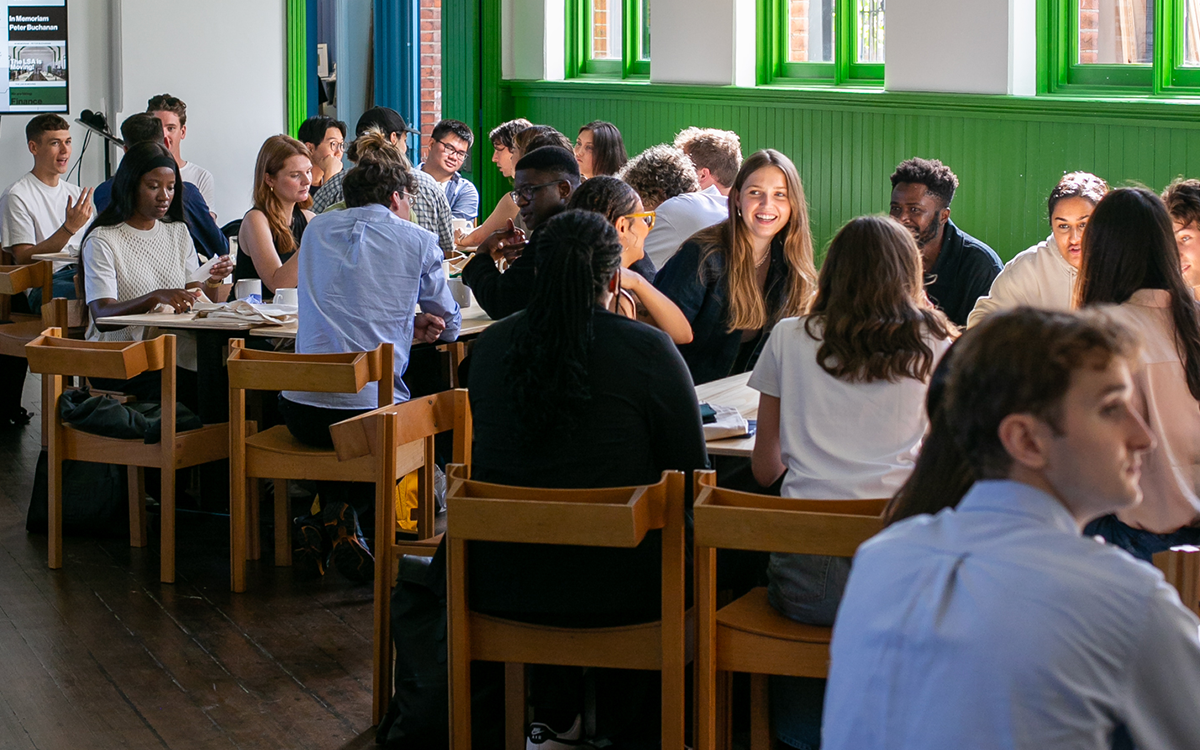
Humanity and the planet face profound and urgent challenges. So when you join our programme we ask you three questions:
- What change do you want to see in the world?
- How does your architecture contribute to that change?
- Who do you want to be as a designer?
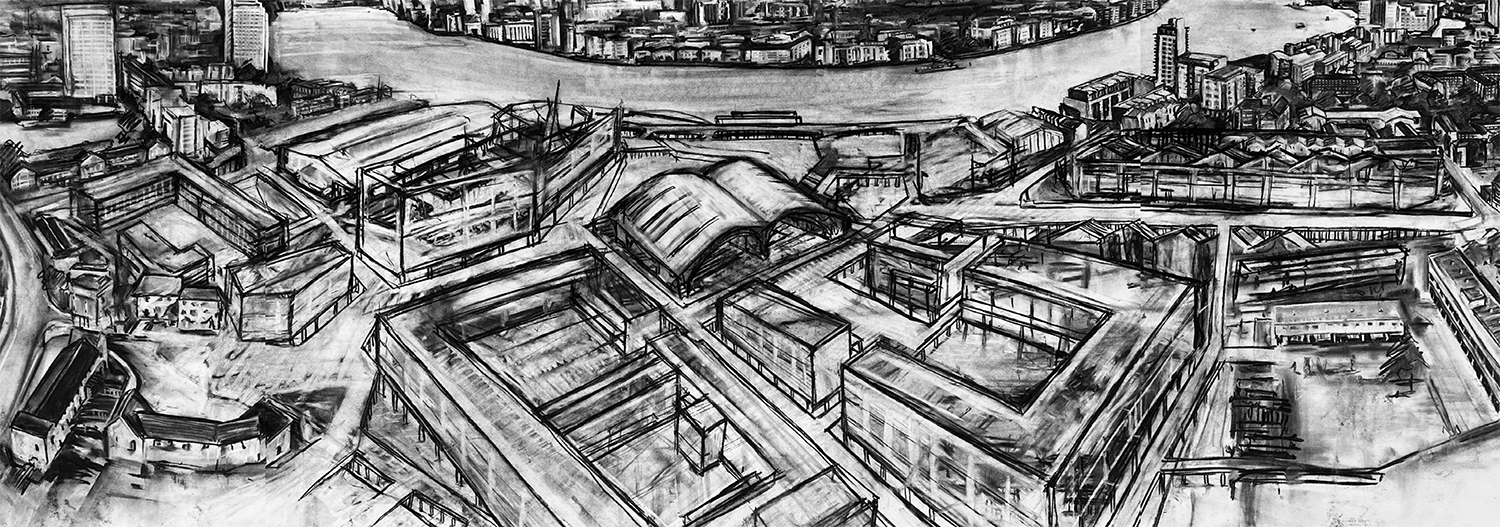
Ella Daley, Design Thesis Design Synthesis 2024
At the LSA, we want you to think big and act responsibly. Our programme links bold ambition and social innovation with rigorous design methodologies and critical, analytical thinking. We encourage you to be propositional, pushing boundaries while staying rooted in the realities of the production of the built environment.
Our progressive and practical education unites a world-beating network of professional practitioners and academics (the first of its kind in London), alongside a design-focused curriculum that combines studio-based study with practice-based learning.
Your projects will explore the production of the built environment under ‘real life’ conditions – your projects will revolve around a built proposition, not just through the creation of new buildings, but working inventively and responsibly with what we have. This means a relentless and unapologetic focus on diverse forms of practice and the immediate and urgent demands of the development of the city, as well its long-term future prospects in an age of Climate Emergency and rampant inequity in urban life.
Humanity and Planet
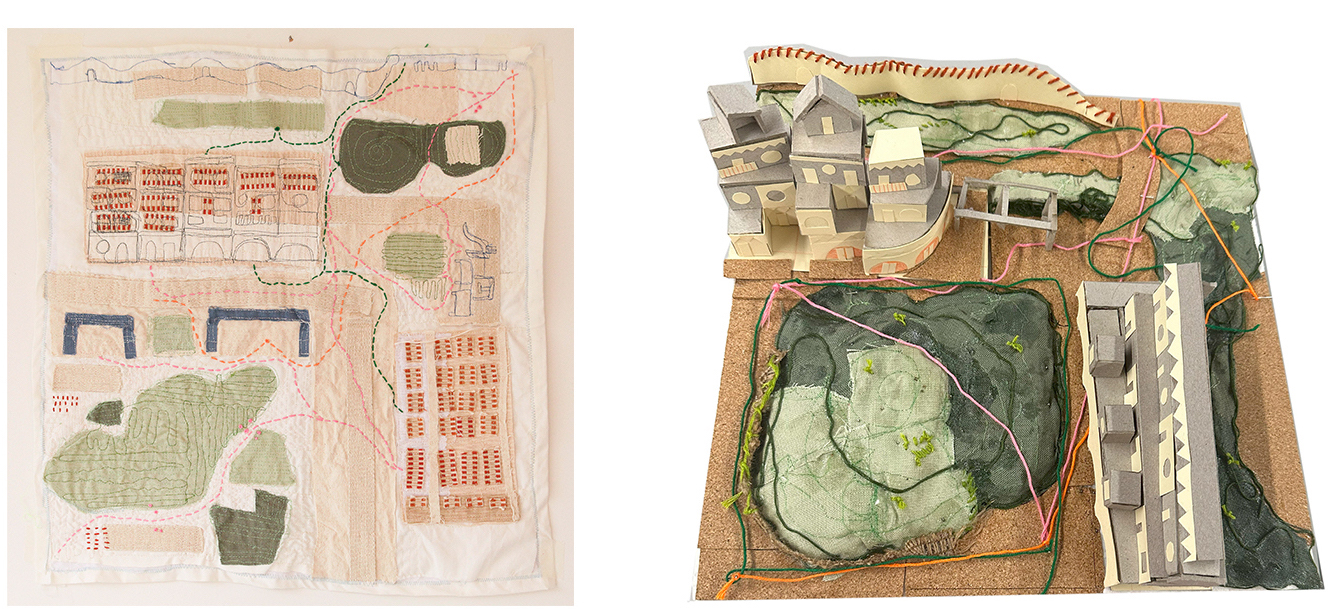
Beth Allen, Design Thesis 2024
In order to meet the major challenges of catastrophic climate change and growing inequity, we encourage you to explore your theses and projects through critical lenses. To support you in this, we have welcomed three new Fellows to the LSA who will champion a key objective for the school.
- Built Environment Fellowship – Hugh Strange
Hugh will focus on collaboration, respect, and inter- and multi-disciplinary knowledge for a safe, sustainable and socially inclusive built environment throughout design, development and construction. He will help students explore frameworks for understanding and respecting labour and the means of tectonic production in the built environment as integral to architectural practice. - Meaningful Municipalism – Alicia Pivaro
Alicia will work with students to explore and encourage practice that cultivates and celebrates real and long-term engagement with communities, local authorities and civil society, connecting with like-minded partners who align design with new forms of political action and intervention. - Decolonising, Decarbonising, and Destandardising Design – Nana Biamah-Ofosu
Nana will engage with our students on how our economy, industry and practice will change as we meet the challenge of the climate crisis through challenging the ways we design, construct, and collaborate that establish truly sustainable and regenerative design practices, and which acknowledge and enable a built environment for all.

Rabiyah Malik, Design Thesis Design Synthesis 2024
Learning through Collaboration
Are you looking for an architecture school that feels more like a community than an institution? Do you want a programme that immerses you in real-world practice and prepares you to become a proactive, agile leader in a rapidly changing industry?
At The LSA, we are more than just an architecture school; we are a social and creative community of students, educators, architectural practitioners and wider built-environment professionals.
Our modules encourage group work and collaborative working. We are a small school and you will be seen, heard and valued and will get to know faculty and staff on a one-to-one level.
Uniting Academia and Practice

Family Hubs Design Think Tank 2023/2024, led by Waugh Thistleton
Are you looking for an architecture programme that gives you hands-on engagement with contemporary practice? Do you want to build connections with future employers, industry leaders and learn from practitioners actively shaping the future of our cities?
Our Part 2 programme is designed to bridge the gap between academia and the professional world. It is is research-led, practice-embedded and responsive to a changing world. The curriculum is led by practitioners from contemporary practice and is enhanced by our Practice Programme—an ever-growing series of events, workshops, and collaborations with leaders in design, creativity, and innovation.
A huge part of the LSA experience is about cultivating a deep connection with industry and gaining the tools to design the spaces and places that will shape our future societies.
We will encourage and support you to establish a rich and diverse Community of Practice from across the sector and our Practice Network.
City as Campus

Are you excited about the idea of London itself being your classroom, where each corner of the city offers new insights and learning opportunities? Do you want an architectural education that connects you directly with real urban challenges?
At the LSA, London is more than a backdrop; it is our campus. Our Student Hub is our studio in the heart of Hackney, East London, but teaching takes place in practices and places across the capital. The city provides us with a vast learning resource that includes our ever-expanding network of outstanding London-based architectural practices, local authority and industry expertise, access to archives, libraries and learned societies and use of specialist making facilities.
But London is also our focus for study – research and project work is rooted in different quarters of the city from year to year. Engaging with varying localities allows greater opportunities for shared urban analysis, deeper engagement with architectural and urban issues, and the opportunity to test design experiments against real constraints and user groups.
Student Placement
A core part of our unique Part 2 programme: spend three days a week on paid work placement to supplement and support your first year of studies.
Year 1
Spend three days a week working in practice, while studying three Design, and two Critical Practice, modules to prepare you for your Thesis in year 2.


